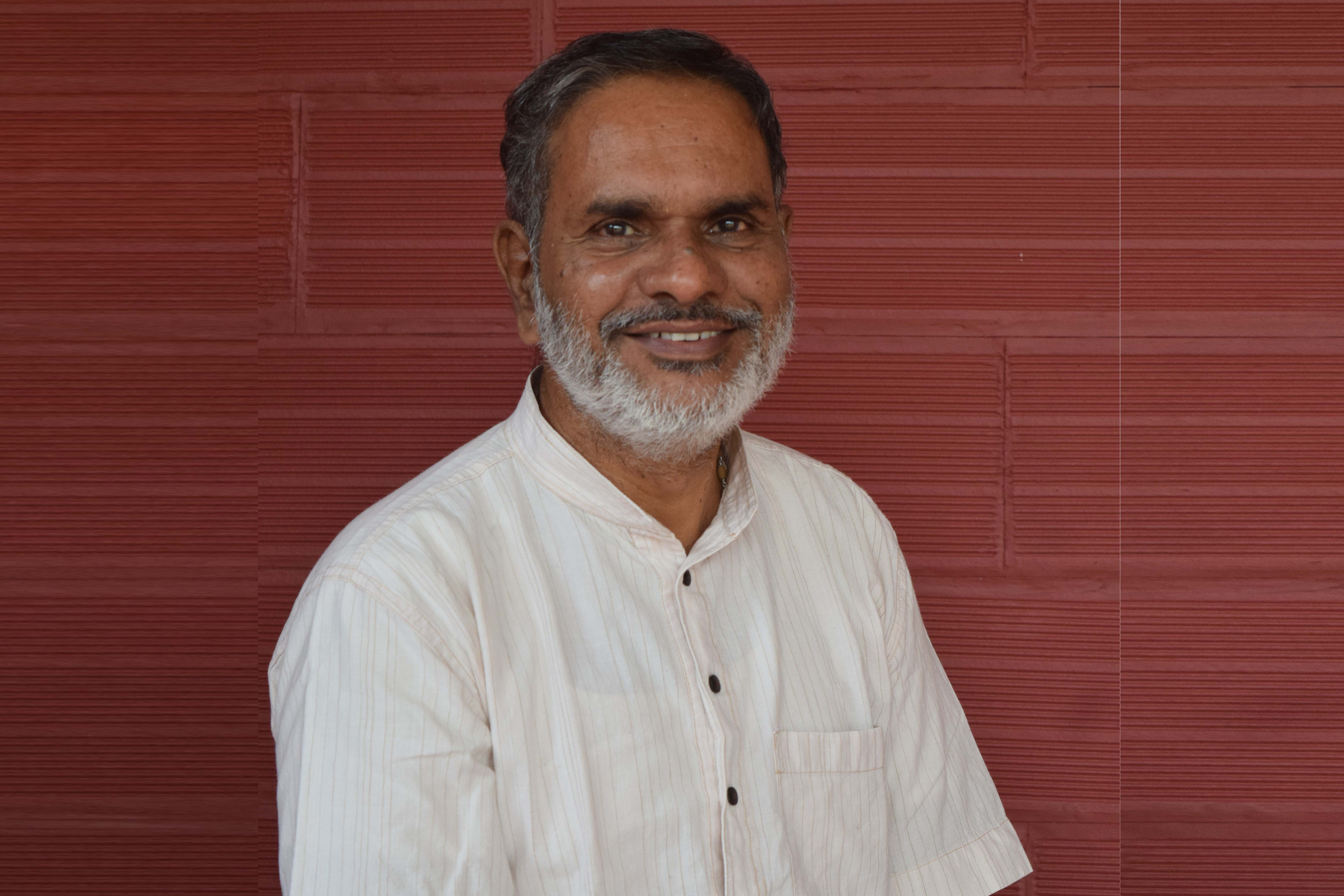
Yoga
Yoga is one of the six systems-Shat Darshana of orthodox Indian philosophy. It was systemised and organized by Maharishi Patanjali in his classical work, the ‘YOGA SUTRA’. The word yoga is derived from the sanskrit word yuj, which means to join, to unite, uniting the individual consciousness-Jivatma or in communion with the universal consciousness-Paramatma.
On a more practical level, yoga is a means of balancing and harmonising the body, mind and emotions. This is done through the practice of asana, pranayama, shatkarma and meditation.

Seshagiri Rao

Beyond the needs of the individual, yoga provides a means for people to find their own way for connecting with their real selves. Through this connection with their real selves, it is possible for people to manifest harmony and for compassion to emerge.
In this respect yoga is far from simply being physical exercises, rather it is an aid to establish a new way of life. Hoever this way of life is an experience which cannot understood intellectually and will only become living knowledge through practice and experience.
Physical and mental therapy is one of yoga’s most important achievements. Yoga has succeeded as an alternative form of therapy in managing diseases such as asthma, diabetes, blood pressure, arthritis, digestive disorders and other ailments. According to medical scientists, yoga therapy is successful because of the balance created in the nervous and endocrine systems which directly influences all other systems and organs of the body.





